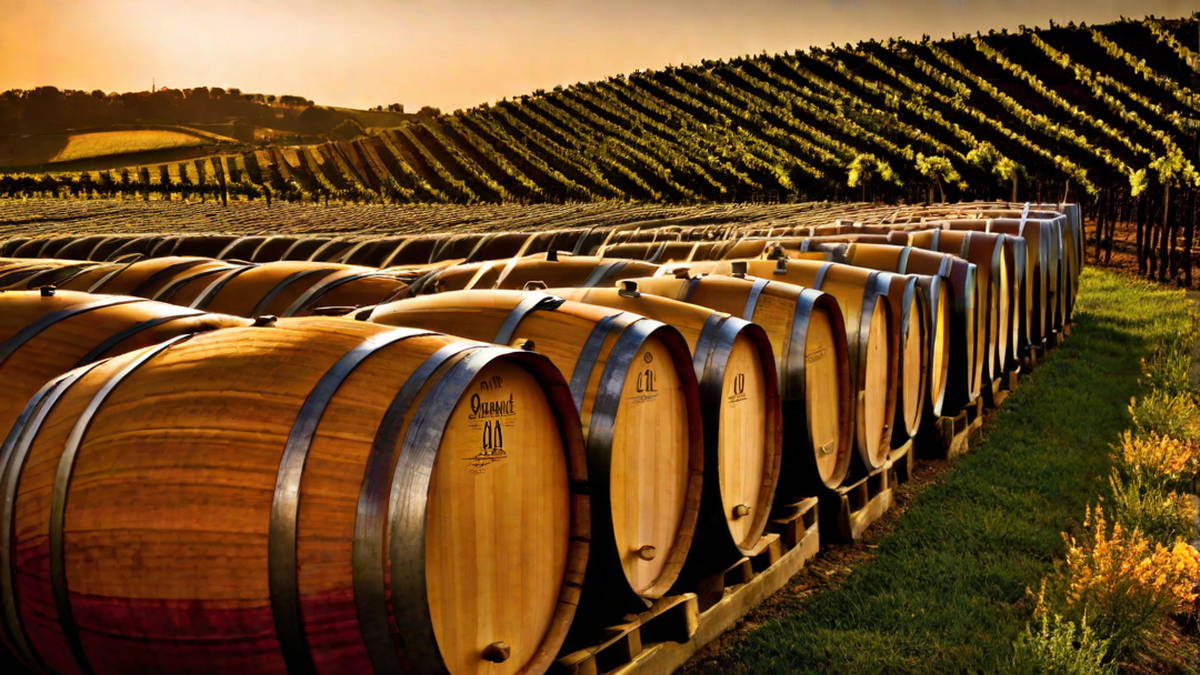When it concerns the craft of creating wine, the aging process is one of the most captivating aspects. The duration that a wine matures in barrels can greatly impact its taste, scent, and overall personality. As a devotee and expert in wines, I have always been captivated by the distinct qualities that barrel aging bestows upon a wine.
Barrel aging involves the transfer of wine from fermentation vessels to oak barrels, where it is left to mature and develop complexity over time. The choice of barrels and the length of aging can vary depending on the winemaker’s style and the desired outcome.
Typically, wine is aged in oak barrels for a period ranging from a few months to several years. This extended period allows the wine to interact with the wood, extracting flavors and tannins that contribute to its overall character. The type of oak used, such as French or American, can also influence the flavors and aromas imparted to the wine.
Shorter periods of barrel aging, around 6 to 12 months, are common for lighter-bodied wines such as white wines or young red wines. During this time, the wine develops subtle oak flavors and gains a smoother texture. These wines are often enjoyed for their freshness and vibrant fruit flavors.
On the other hand, full-bodied red wines, like Cabernet Sauvignon and Barolo, benefit from longer aging periods. These wines can spend anywhere from 18 months to several years in oak barrels. The extended time allows the tannins to soften and integrate, resulting in a more complex and harmonious wine. It is during this aging process that the wine obtains its distinctive earthy, vanilla, and spice notes.
It’s worth noting that not all wines are aged exclusively in barrels. Some winemakers choose a combination of barrel aging and stainless steel tanks to balance the flavors and preserve the wine’s natural freshness. This approach is often employed for white wines and delicate reds, where too much exposure to oak can overpower the wine’s characteristics.
Ultimately, the decision of how long to age a wine in barrels rests with the winemaker. It is a delicate balance between preserving the wine’s varietal qualities and allowing it to develop unique flavors and textures.
As a wine lover, I appreciate the patience and skill required in the barrel aging process. It is a testament to the artistry of winemaking and the dedication of those who strive to create extraordinary wines. The next time you savor a glass of well-aged wine, take a moment to appreciate the transformation it has undergone in those oak barrels.
In conclusion, the length of time a wine is aged in barrels is a crucial factor that greatly influences its taste and character. Whether it’s a short period for lighter wines or a longer duration for bold reds, barrel aging adds a distinctiveness that sets wines apart. So, the next time you raise a glass, remember the journey it has taken to reach your palate.
